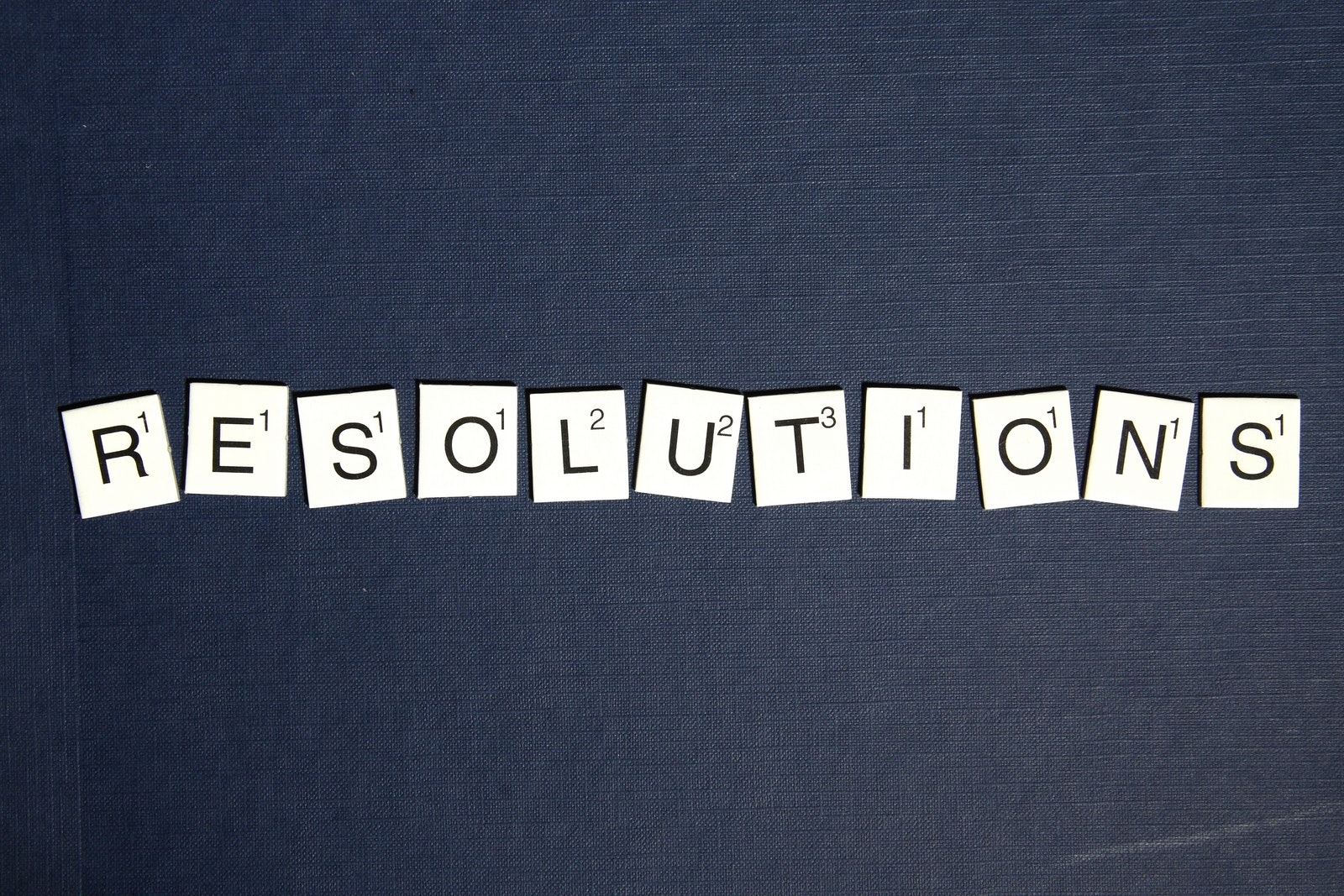Sharing economy has created quite an awful lot of buzz in the recent past. In its wake, we’ve seen startups forming an altogether positive attitude towards the collaborative model and the customers, following suit in the timeless philosophy of sharing is caring, making use of services such as Airbnb and Uber.
Despite its roaring success, things aren’t that straightforward as they’re made to look in the public. There’s always something going behind the curtains. Controversy has plagued the subject of sharing economy since its early days. But, how do things stand now? Have we reached a position of some certainty about the obvious future of sharing economy? Is it here to stay or will it prove to be a passing phenomenon? We sat down to find out the answers to these questions and here’s what we found:
Sharing Is Nothing New, Then Why All The Fuss?
It turns out humans have always known the virtues of sharing. It’s something we’re taught from a very young age, first by our parents/guardians at home, then our teachers at school and so on. Sharing helps build trust, generosity and compassion. Then why is the success of sharing economy seen with circumspection and more importantly, why it has taken so long for this economy to fully realize its potential? The answer lies in technology – the emergence of mobile phones, that have made sharing information globally a piece of cake and online banking systems that allow for quick and convenient online translation. That means sharing is now taking place at an unprecedented rate with no boundaries whatsoever. Social Media gave us a rare glimpse of what is possible using internet. A decade on, we’ve fully understood what sharing economy can be. There’s no reason to doubt the progress of sharing economy in time to come. In fact, the only thing that looks certain now is more disruption of industries that so far haven’t come under the sway of sharing economy.
API: The Real Game Changer

It’s true that many brands todays are sequestered and not willing to participate in the sharing economy. A lot of them simply rebuff it and remain absolutely certain that this is a mere millennial fancy – a way to make some extra cash as the global economy reels under the long-term effects of recession. Does that mean Airbnb, Uber, Flightcar are simply going to disappear soon? Not quite. When one takes a look at the success of Wikispeed in utilizing the power of sharing economy to tackle automotive manufacturing, it becomes evident that brands need a sound strategy and a roadmap to successfully navigate the sharing economy. It can be said that for most industries, there’s a new collaborative model waiting to be uncovered. That leaves brands with only two choices – they either cause disruption or be disrupted by it. Brands have really got to leave the traditional mindset behind and reckon the force that is sharing economy.
State Of The Worker
An interesting byproduct of the expansion of sharing economy would be the digital divide. Sharing economy, based on its specific demands and modus operandi would lead to the creation of a workforce that’s completely different from the one that hasn’t heard of it. As participants in sharing economy become more active and sophisticated, the disparity between these two opposing workforces will reach staggering proportions. This could later on culminate into one of the most challenging social issue of the 21 century. The workforce attuned to the mobile and internet technology will gain the upper hand.
Final Thoughts
The stage looks set for the sharing economy’s continued dominance. Disruption is the inevitable result for most industries. The ease with which collaborative model makes virtually every person capable of participating and offering their services is remarkable. While tech-startups will be ones responsible for new innovations, it’s the general population that will be the driving force behind the sharing economy.






